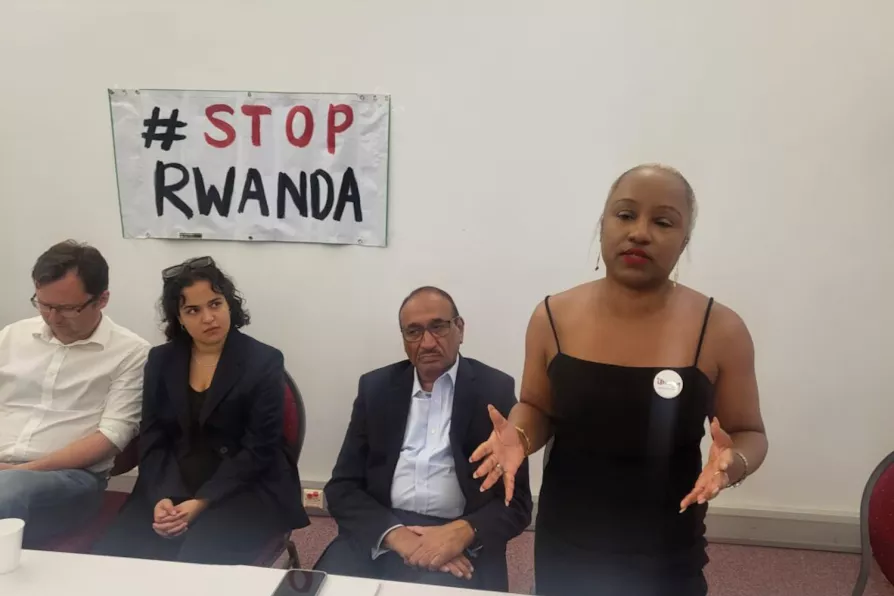John Wojcik pays tribute to a black US activist who spent six decades at the forefront of struggles for voting rights, economic justice and peace – reshaping US politics and inspiring movements worldwide

 A NEW MOVEMENT: TLM co-chair Deborah Hobson addresses the meeting
A NEW MOVEMENT: TLM co-chair Deborah Hobson addresses the meeting
TWO MPs and most of Nottingham’s African, Asian and Caribbean councillors attended the launch of a new chapter of the Liberation Movement (TLM) in the city.
Meeting organiser Cllr Hassan Ahmed, co-founder of TLM, said at the Indian Community Centre event, “This is a broad-based, grassroots anti-racist organisation that’s unashamedly led by people of colour. Of course, we welcome white allies as supporters, especially as trade unions are at the core of this movement.”
He added: “TLM knows there are other already existing anti-racist groups and we are complementary to them, not in competition.”

A joint statement from Derby Indian Workers’ Association and Vox Feminarum/Women’s Voices

DAVID HORSLEY reminds us of the roots and staying power of one of the most iconic festivals around










